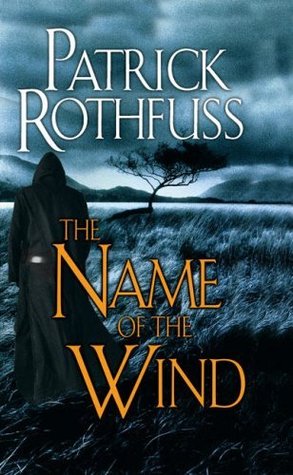The author, Patrick Rothfuss, is a fellow Wisconsinite and currently professor at UW-Stevens Point. He seems to be a man after my own heart in that he puttered about in college for upwards of nine years because there is just so much cool stuff in this universe to learn. How could anyone ever hope to settle on learning about just one thing? One thing I like about the book is that the author seems to have an underlying understanding of ideas and principles like conservation of energy, chemistry, thermodynamics, linguistics, and whatnot, and they peek through the narrative in a way that is not common among fantasy authors. It makes for a deeper and more believable world that is extra appealing to scientists. Not that attracting scientists to the readership is much needed, because I have always thought that scientists and other nerdy types are attracted to sword-and-sorcery type fantasy novels anyway. Much of the action takes place at a University for wizards, and gives it a bit of a Hogwarts feel. At the University there is political infighting between professors, lapses of laboratory safety, a cavernous library...basically it is a setting and atmosphere that a lot of graduate students in science can identify with.
The structure of the novel is also very interesting to me. It has a story-within-a-story structure, much like the Arabian Nights. The main narrative is a first person account given by the powerful magician character "Kvothe" over the course of three days, as it is penned by a scribe called "Chronicler." Although the main story itself (essentially an autobiography of the character Kvothe) stretches over decades, the telling of story is what takes three days, and each day is one novel in the trilogy.
I also especially liked the aspects of the story reflecting on how myths and legends develop and mature. Comparing the "real" story as told by Kvothe to the rumors and legends that are constantly circulated among the general public is, I think, similar to how foundational religious myths developed and one of the central themes of the book.
"The Name of the Wind" is not only one of the best pieces of sword-and-sorcery fantasy fiction, but also one of the best pieces of fiction in any genre that I have read in a while.

No comments:
Post a Comment